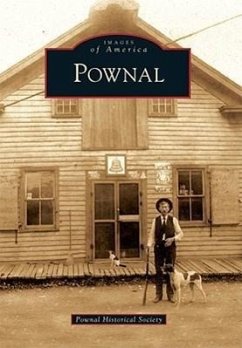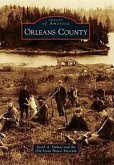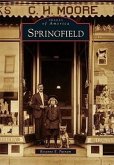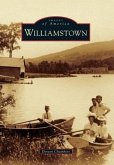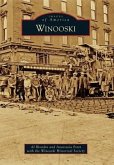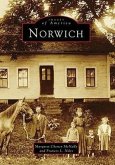In the 1700s, the fertile valley lands and wooded hills of Pownal attracted Dutch tenant farmers and English settlers. French Canadians soon arrived in the villages of Pownal to work in the mills, as both adults and children. Later painters and magazines captured the beauty of the land, while hill farmers struggled to make the thin soil produce. Following World War II, a United Nations magazine featured Pownal on its cover as a symbol of the peace so many sought. The photographs in Pownal illustrate the beauty, as well as hardships, associated with rural life. Vintage images of barefooted school students, farmers working their horses, and proud owners of the first automobiles capture the hardworking people of this Vermont community living amid a beauty that tourists seek.
Hinweis: Dieser Artikel kann nur an eine deutsche Lieferadresse ausgeliefert werden.
Hinweis: Dieser Artikel kann nur an eine deutsche Lieferadresse ausgeliefert werden.

